The most common addictions in the world can be difficult to admit—you might not even realize you have one. While addictions like drug abuse and gambling can be obvious, others such as doomscrolling and drama are less obvious.
When asked, “What is an addiction people might not realize they have?” the internet jumped in with the dangerous behaviors you might be doing without knowing.
Here’s what they had to say:
1. Stress

“It was like a light switch that went on when my therapist told me, ‘Your brain is adapted to problematic situations. It learned to find solutions to problems that should not have been there. You got out of those problems, but your brain has not yet. Now, it looks for the problems it has learned to expect. Those problems are gone, so it doesn’t know what to do,'” said one responder.
“I’m convinced some people create stress in their life bc they are addicted to it,” commented another.
2. Validation

“I constantly seek external validation and struggle SO much with validating myself. It’s absolutely attributed to my childhood and has resulted in an ‘anxious attachment style.’
“I’m currently working really hard on learning how to reparent myself and give myself the validation I never got growing up. It’s really hard—I want to do well, to have people tell me I’m doing well, to be told that I am worthwhile and that I have value.
“These days, I try my best to BE that person. As silly as it feels, I tell myself that I’m proud of myself when I do something, even if it’s as silly as doing the dishes or making dinner. ‘I’m proud of you for doing this! You did a great job!'”
3. Sugar
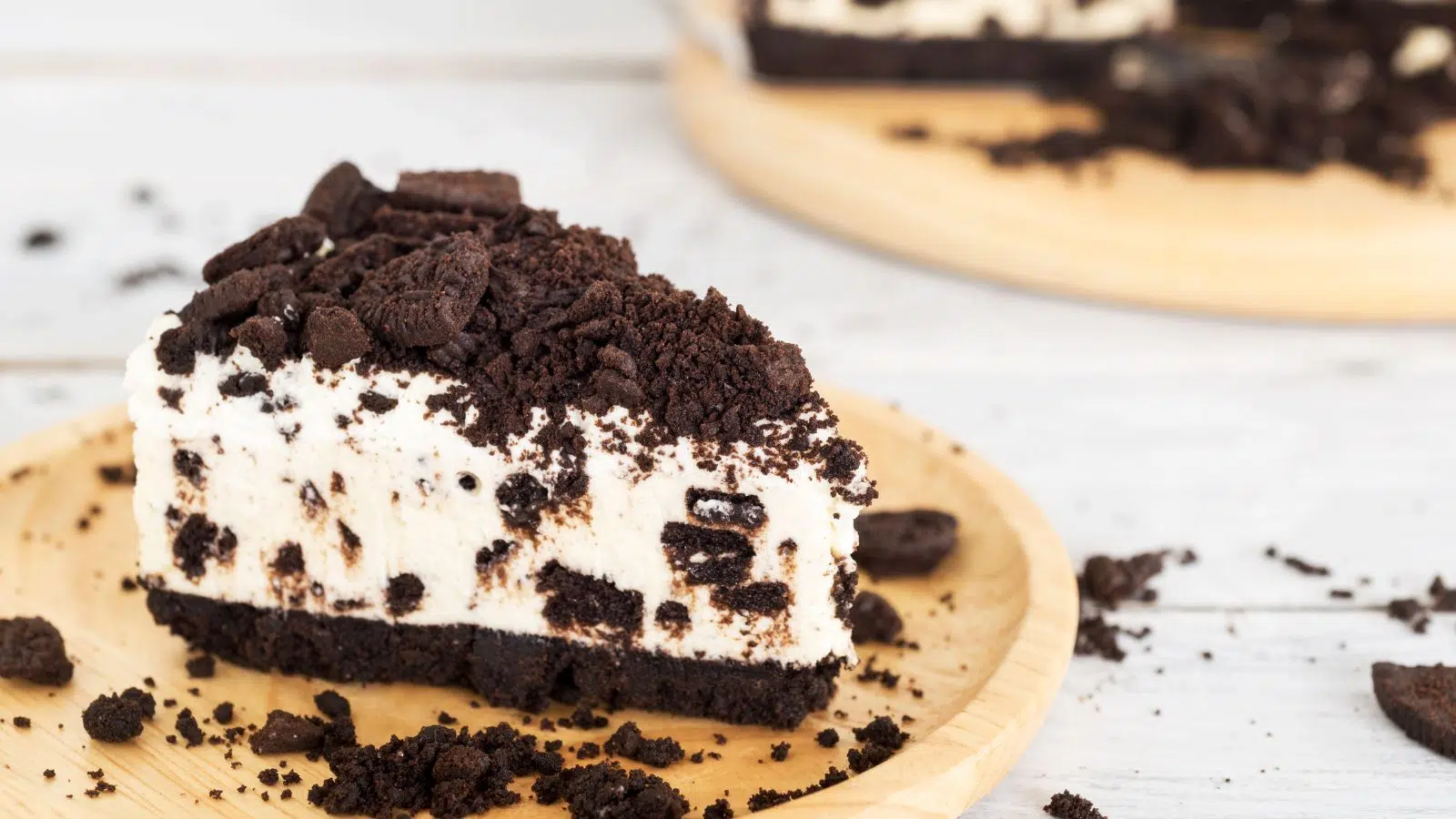
“It’s a major epidemic with massive health consequences, and people don’t even realize how dangerously addicted we are as a society as a whole,” explained one person.
Someone who struggled with a sugar addiction stated, “My doctor actually prescribed me naltrexone for sugar addiction. It’s often prescribed to help alcoholics and drug addicts, but it also curbs sugar cravings. Now, I can barely even eat (chocolate) without feeling grossed out because it’s too sweet.”
4. Doomscrolling
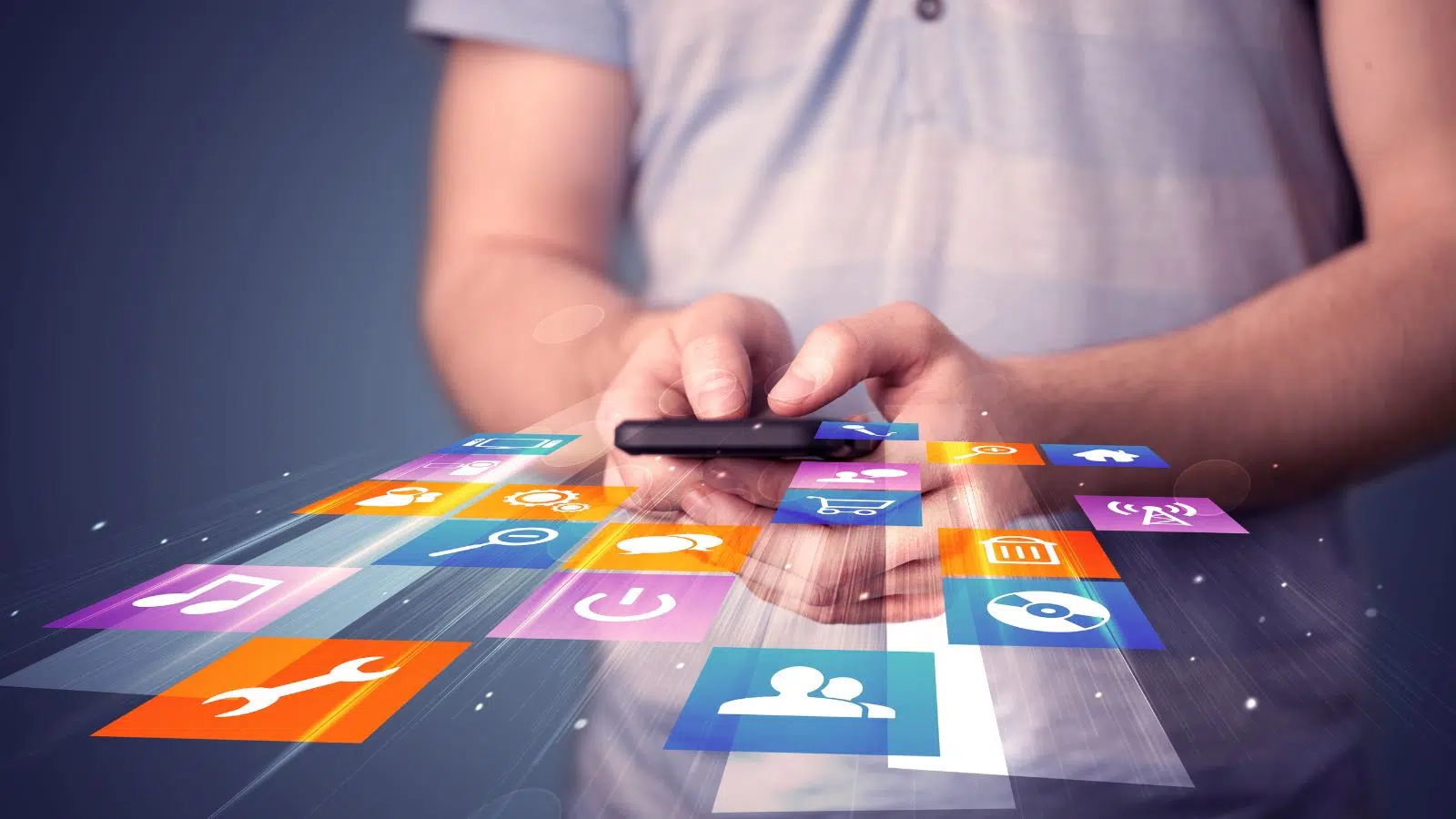
Doomscrolling refers to countless hours spent scrolling through social media platforms with no real objective or benefit.
One person explained how social media apps like TikTok and Instagram encourage this addictive behavior, “These companies have teams of researchers and psychologists dedicated to making the technology as addictive as possible. The feature of ‘swiping’ to get a new video was inspired by the mechanic of a gambling addict pulling the lever on a slot machine.”
5. Procrastination

“It’s so much easier to say, ‘I’ll do it tomorrow.’ Then tomorrow comes, and you still don’t do it. Such a terrible habit.”
Agreeing, one person responded, “It definitely is. There’s also the other side where instead of saying, ‘I’ll do that tomorrow,’ you say to yourself, ‘It doesn’t matter if I do X today, one day won’t make a difference. I’ll stop doing X tomorrow.” I have struggled with that one for a while.”
6. Politics
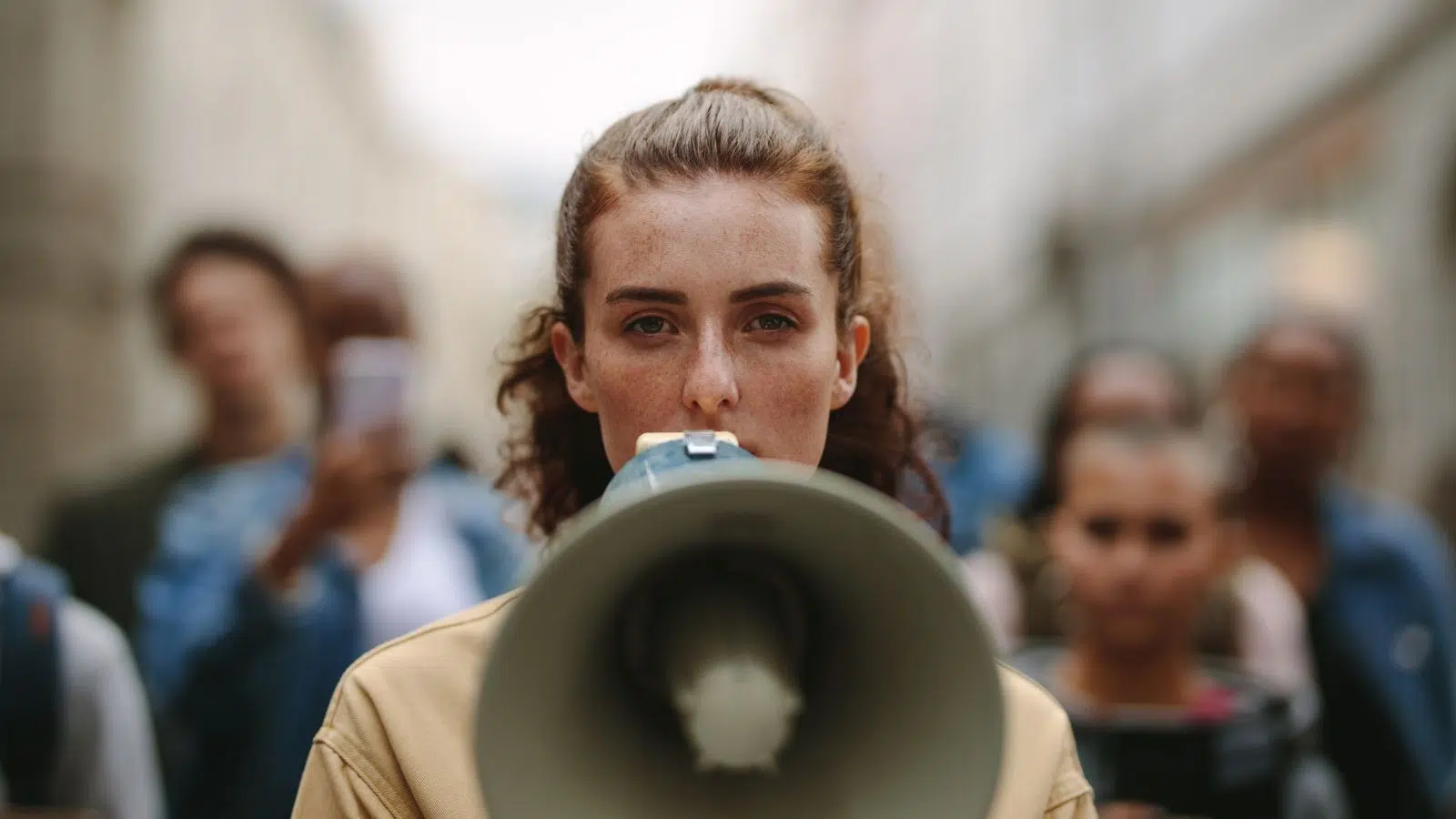
“Political outrage is the drug of choice for SO MANY people.
“Our older neighbors seek us out to tell us just how outraged they are at (insert political news topic) and they will strongly take a side, make the opposition an enemy worthy of execution, and expect us to wholeheartedly agree with them.
“I’ve had to use my pocket answer, ‘I don’t talk politics with people I like,’ over and over again to get out of that.
“There’s a new flavor of the week afterward, and after I learn more about last week’s hot topic, they couldn’t care less.”
7. Shopping

“I think a lot of us are ‘shopping’ even when we’re not spending money. Looking at products online, putting stuff onto wishlists, browsing aisles, asking people in conversation where they got whatever.
“I’m trying to be more cognizant of this because I resent that I’m going through life in total consumer mode,” an individual admitted.
8. Marijuana
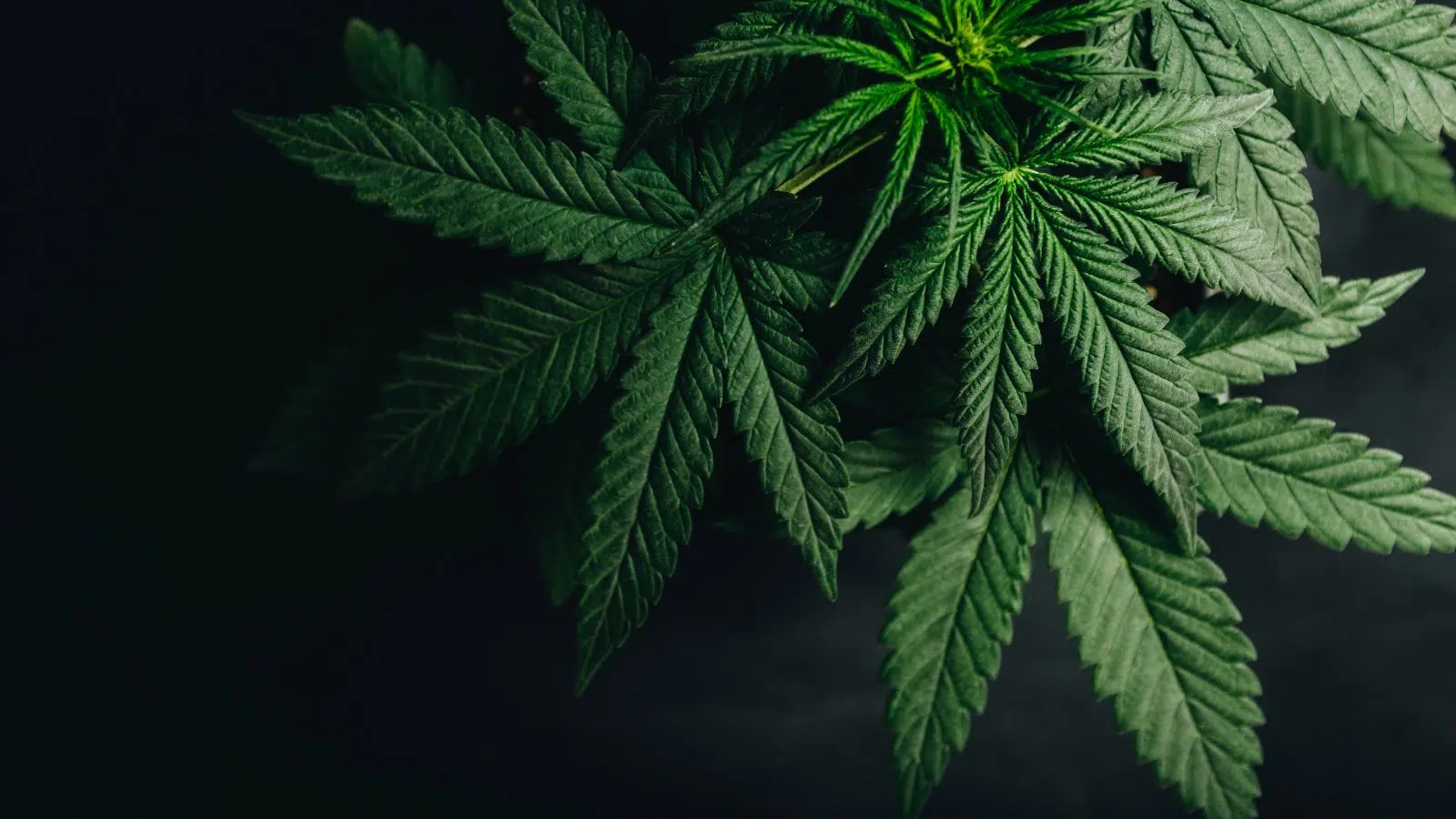
“‘Weed isn’t addictive at all, I can stop any time, and I just like how it makes me feel’—some guy who has been stoning every day for months or years.
“Let’s talk about the insomnia, irritability, and decreased appetite when a chronic smoker attempts to quit. These are withdrawal symptoms. If the thing isn’t physically addictive, why is there any withdrawal?
“Just because (marijuana) won’t send the quitter to a hospital bed like alcohol could while quitting doesn’t mean it’s not physically and mentally addicting.”
9. Looking at your phone
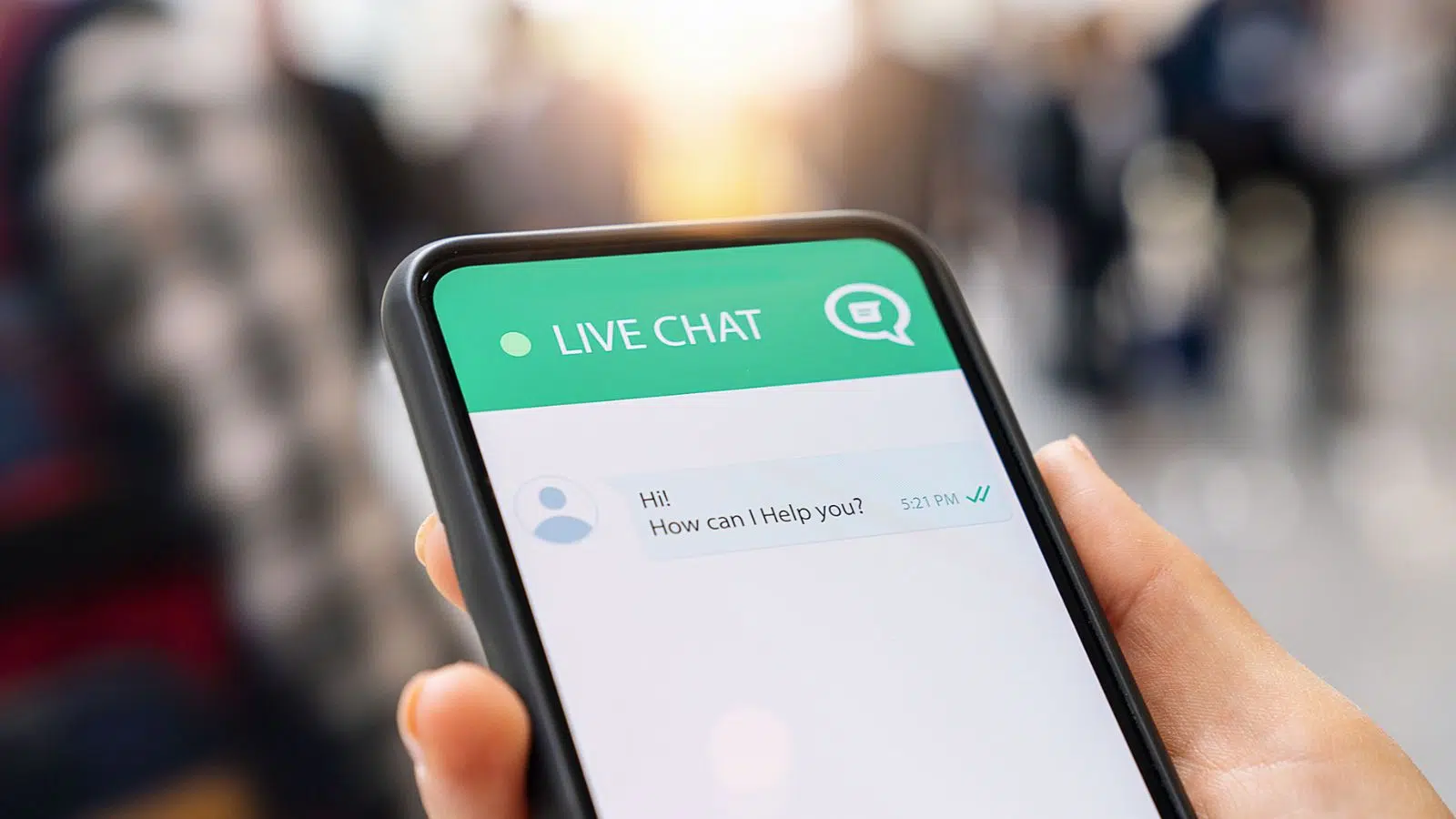
“When I first started dating my fiancé before he got any ADHD treatment, he would be on his phone all the time.
“He revealed that he was scrolling through pictures while barely looking at them because he didn’t know what to do with his hands or ‘where to put his eyes.’ The man was using the thing as a fidget spinner.
“I wonder how many people who can’t get off their phones are doing a similar thing. I’m a former smoker, and one of the hardest parts of quitting was getting over how soothing it was to have something to do with your hands and just focus on that.
“Quitting smoking and getting off your phone are hard for some of the same reasons. Addiction is just an impulse control disorder or substance abuse disorder wearing a different hat.”
10. Food
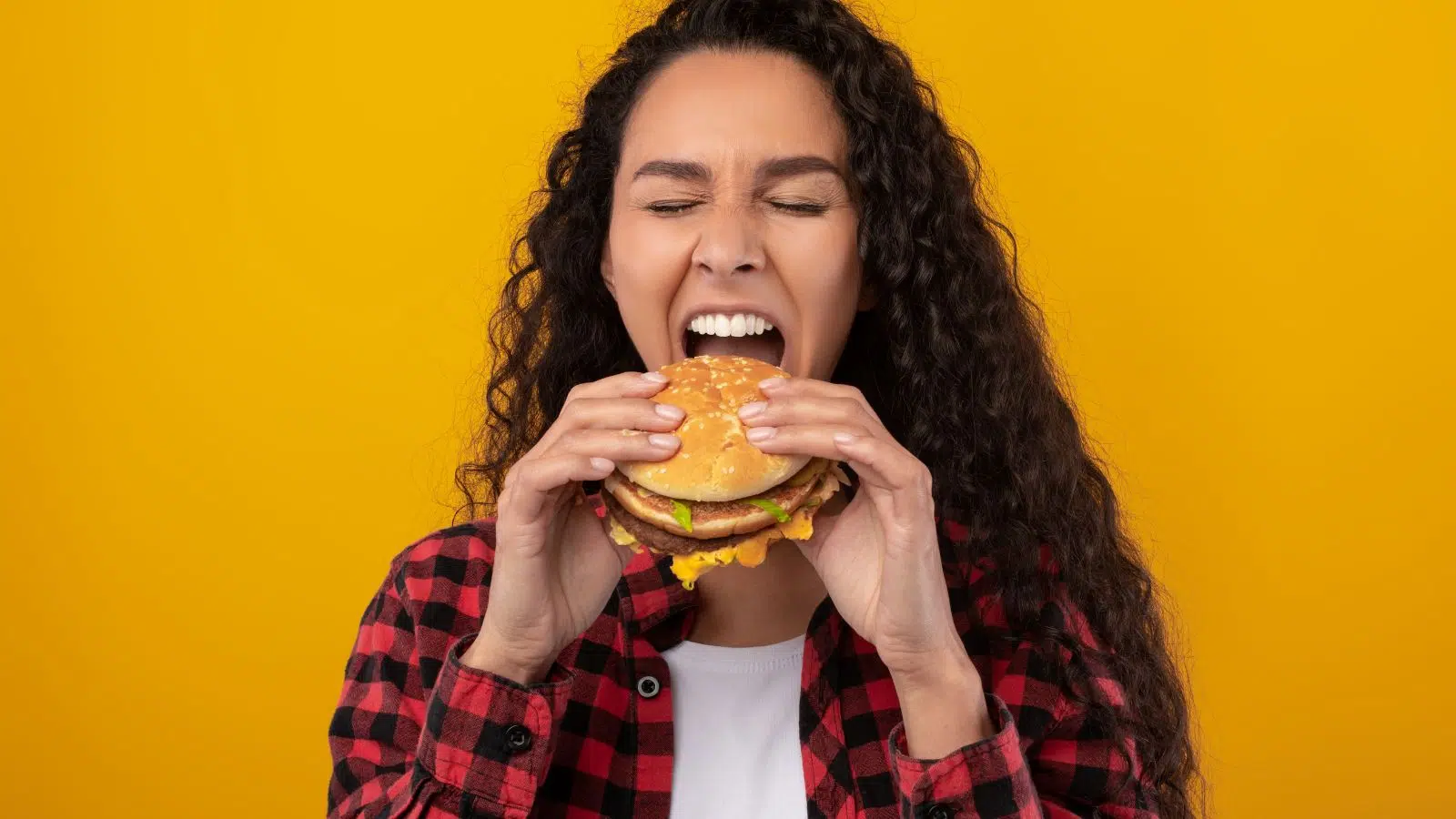
“People often eat far more often than necessary. They eat out of habit and not out of necessity.”
11. Drama

“Spikes become normal to the brain, so those in toxic relationships, for example, crave dysfunctional patterns. They crave the rush of the fights and the drama. They pull it from around them without even noticing it.
“Misery loves company is not just a saying. It’s science.”
12. Complaining

“I also often tend to justify my complaining because it allows me to let off steam about things that are complicated or I don’t want to do. I’ll do it, but I will not shut up about it until it’s done,” described a self-proclaimed complainer.
One person offered an explanation, “This is an actual thing. There have been studies that show complaining and cursing increases pain tolerance.”
13. Self Medicating
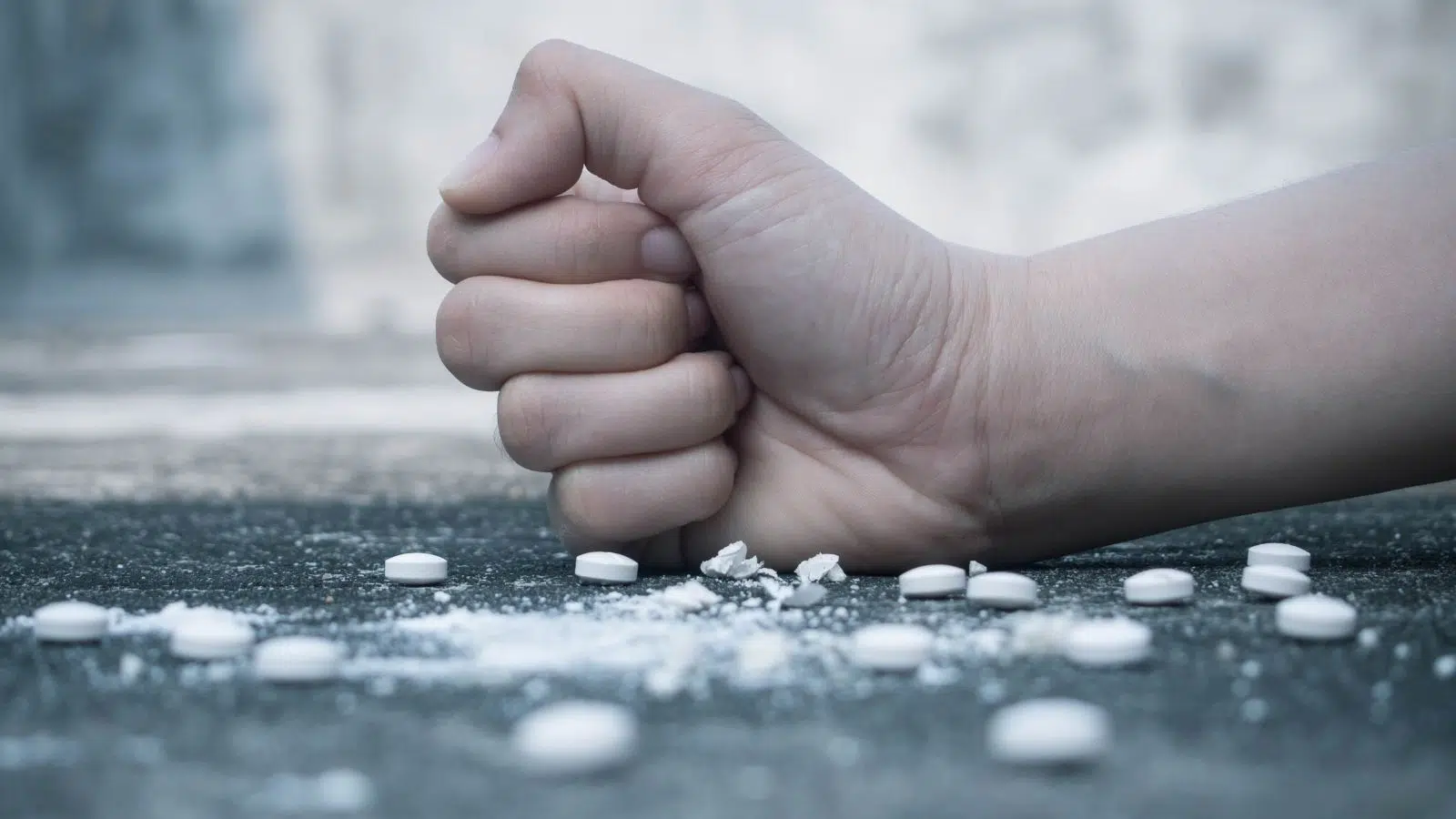
“For me, it was alcohol. When I had to stop, it was tobacco. Then, when I stopped that, it was eating.
“I don’t think I was addicted to one of those in particular, but with declining mental health, I needed anything to make me numb. I abused alcohol, but I never necessarily needed alcohol. I needed something.”
14. Caffeine
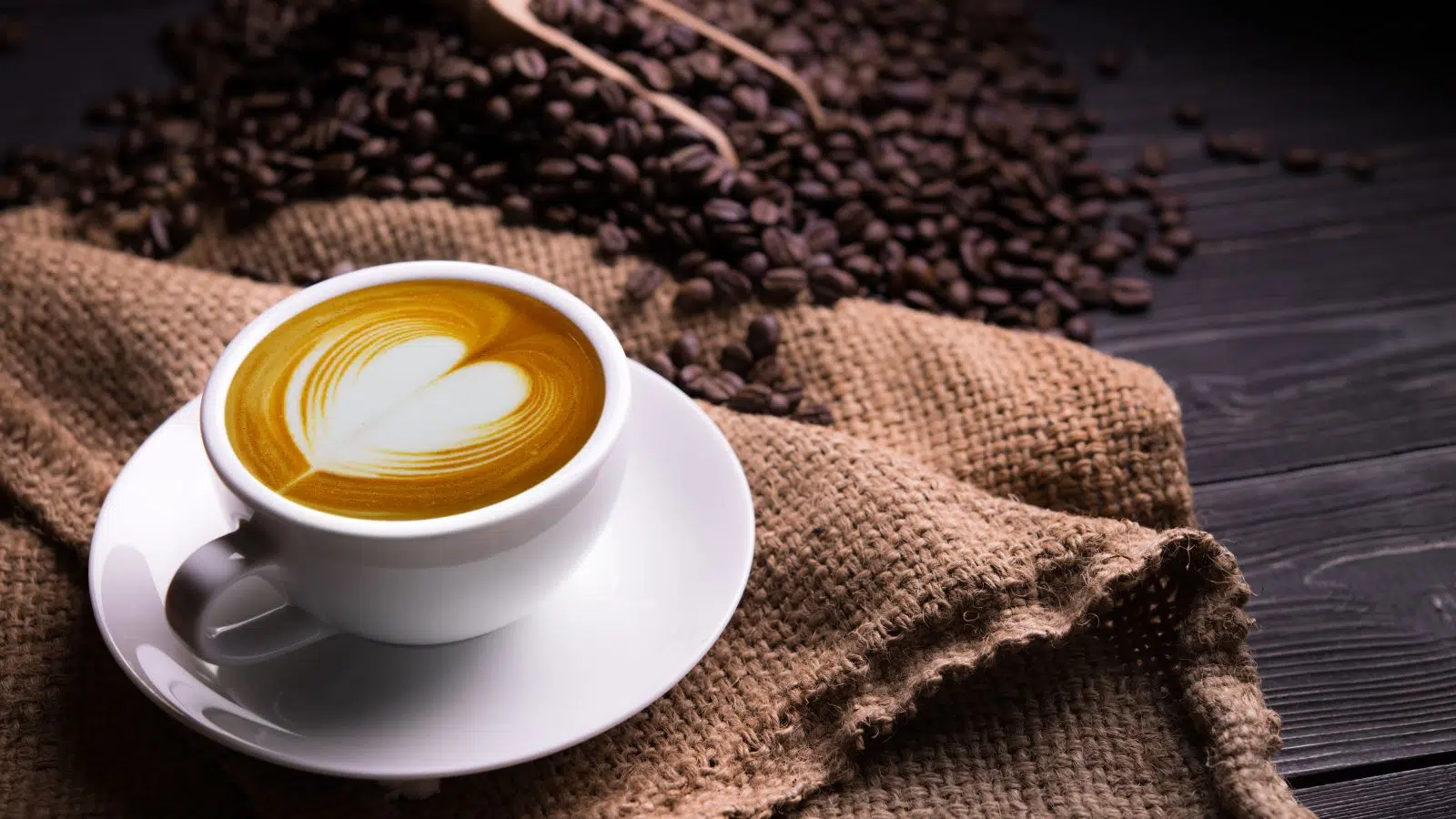
“I’d say people know they’re addicted to caffeine. It’s hard not to realize this given the withdrawal symptoms.
“However, for most people, it’s a ‘who cares if I’m addicted’ thing.”
15. Alcohol

“Many people are alcoholics and won’t realize. Just because you don’t get drunk every day doesn’t mean you’re not an alcoholic.”
This article was written and syndicated by What the Fab.
You’ve definitely never heard of these ridiculously useful, free websites

The internet is a wealth of free resources that can make life much easier. You just need to know where to look.
Here are 14 extremely useful websites that you’ve never heard of before.
These life hacks are the real deal

Stop watching those deceptive five-minute craft and life hack videos. These life hacks sound fake, but are known to be the real thing.
Discover the nine life hacks that really work.
Is this why your adult children don’t call so often anymore?

Parents who have lost contact with their adult children are chiming in.
These are the heartbreaking reasons adult children have cut off contact with their parents.

Elise Armitage is an entrepreneur and founder of What The Fab, a travel + lifestyle blog based in California. At the beginning of 2019, Elise left her corporate job at Google to chase her dreams: being an entrepreneur and helping women find fabulous in the everyday. Since then, she’s launched her SEO course Six-Figure SEO, where she teaches bloggers how to create a passive revenue stream from their website using SEO. Featured in publications like Forbes, Elle, HerMoney, and Real Simple, Elise is a firm believer that you can be of both substance and style.



